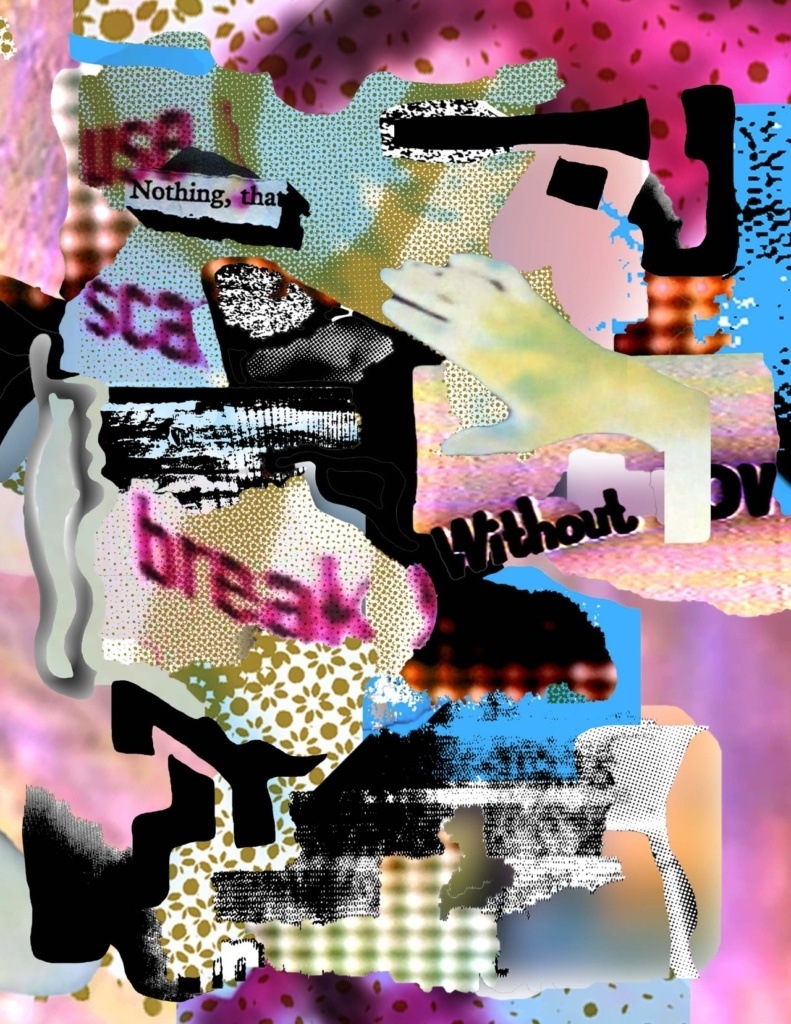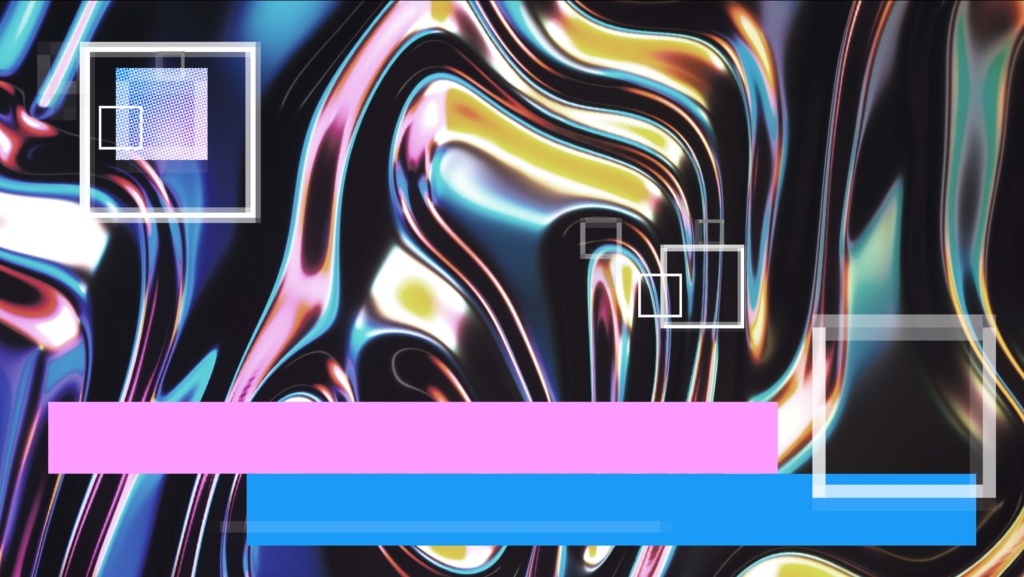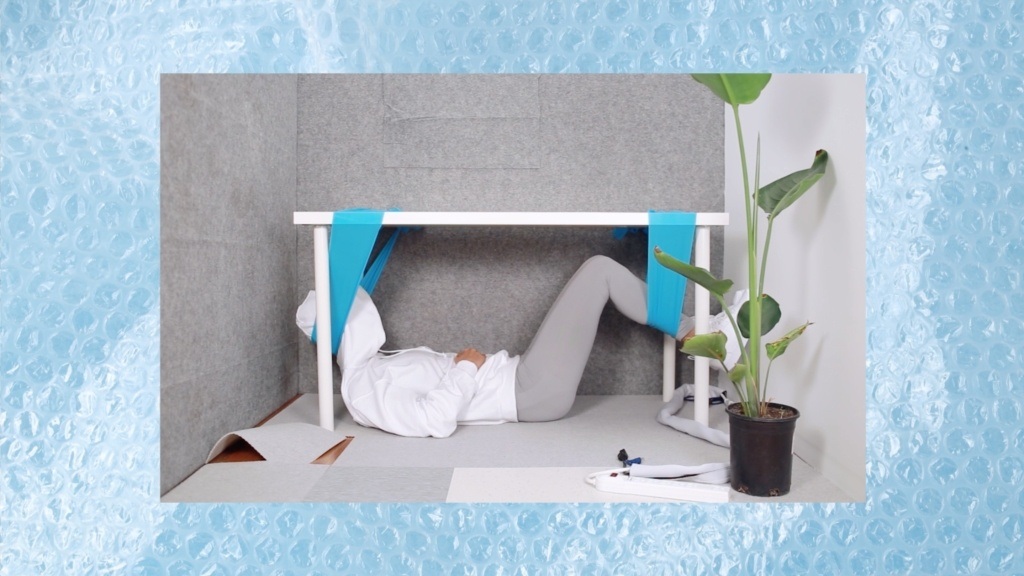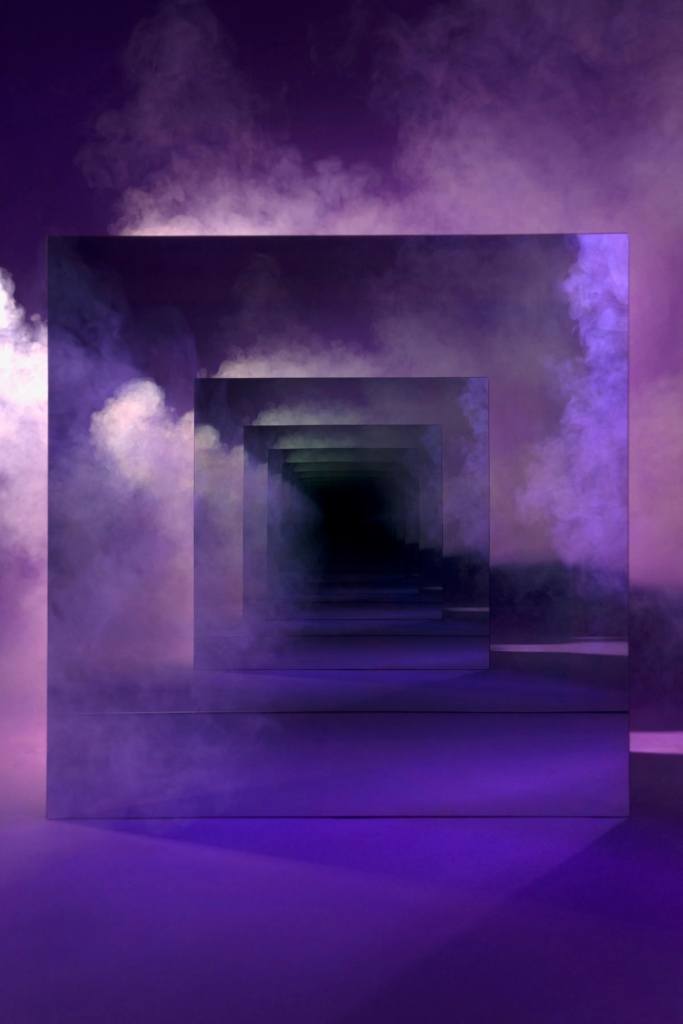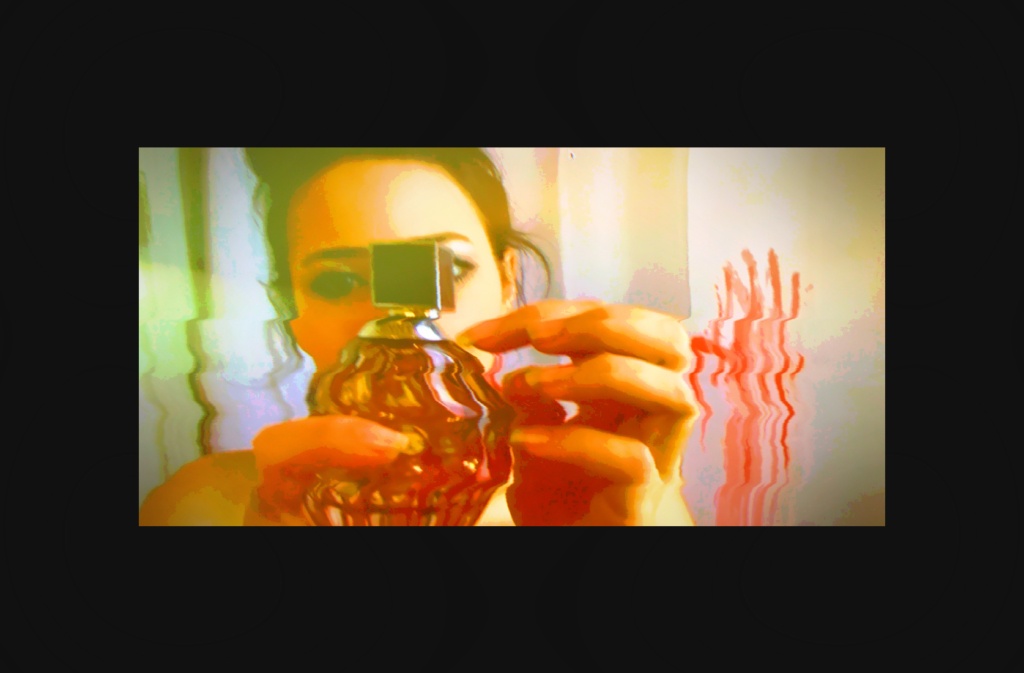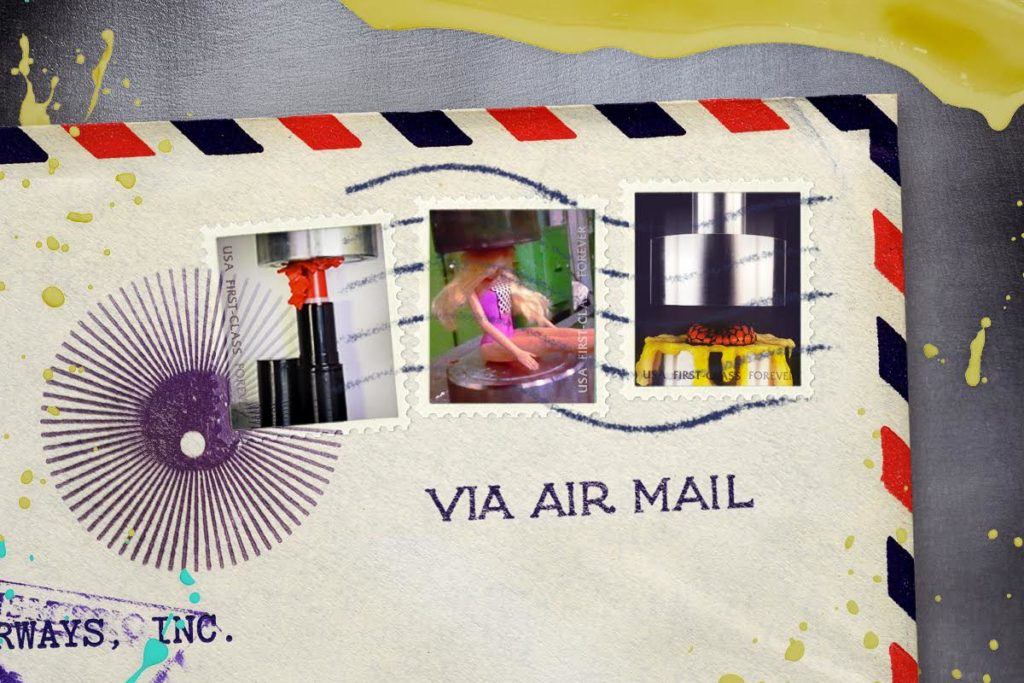Topics
Vibes
Transcending description
New Normal
As algorithms are deployed across society to assess and predict behavior, older modes of control based on normativity are in eclipse. The way we experience control has changed accordingly — it registers more in terms of “vibes” and “cringe” — as have the ways it can be resisted, not through revaluing antinormative behavior but through extending care-oriented practices like mutual aid.
Tale Spin
For many years, readers have loved to declare the death, or demotion, of narrative itself. What this tells us is that the fate of narrative is yet another narrative. What makes it such a compelling one?
Endless Nameless
Gender online is no longer something that is witnessed so much as something that is felt. Memes that seem merely playful at first open up new ways of defining and embodying gender, returning the means of construction to users — as something less like a binary characteristic, or even an item in a list of options, and more like a “mood” or a “vibe.”
Nameless Feeling
Vibes are often seen as feelings that can’t be explained or narrativized; they instead emerge from chance concatenations of stimuli and cohere as a mood. Not coincidentally, this is basically how machine-learning models work, surfacing statistical correlations that can’t be explained in terms of causality but are nonetheless usable in algorithmic recommendations or predictions. Vibes, that is, are feelings divorced from causes or consequences— emotions rendered useless for action.
Moving in Stereo
It’s obvious that Peloton sells a kind of self-optimization — exercise as time discipline. But Spotify (a streaming service like Peloton) also trains listeners in how to attune emotionally to states (or vibes) that employers have deemed productive or speculatively valuable.
In the Mood
Ambient works once sought to intervene in an existing environment and re-attune one’s relationship to it — they function like augmented reality. Ambience videos on YouTube (think “lo-fi hip hop radio” or ” Rainy Night Coffee Shop Ambience”) are more like virtual reality, promising an off-the-shelf escape from the environment you’re in. Ambience ceases to be something shared and becomes instead something consumed.
Uncomfortable ASMR
Can something be “self-care” if it is designed to make us feel anxious? Negative ASMR raises important questions about the politics of anxiety and of our sensitivity to our social world. On one hand, it allows people to engage with fear and anxiety in an indulgent way that relieves tension; on the other hand, like any effective horror film, it increases vigilance.
Re: Hydraulic Press Accounts
Hydraulic press videos, featuring objects flattening under heavy machinery, feel delightfully primitive. Not everything needs to bear the weight of profundity. Sometimes it’s enough to simply enjoy a little destruction.

